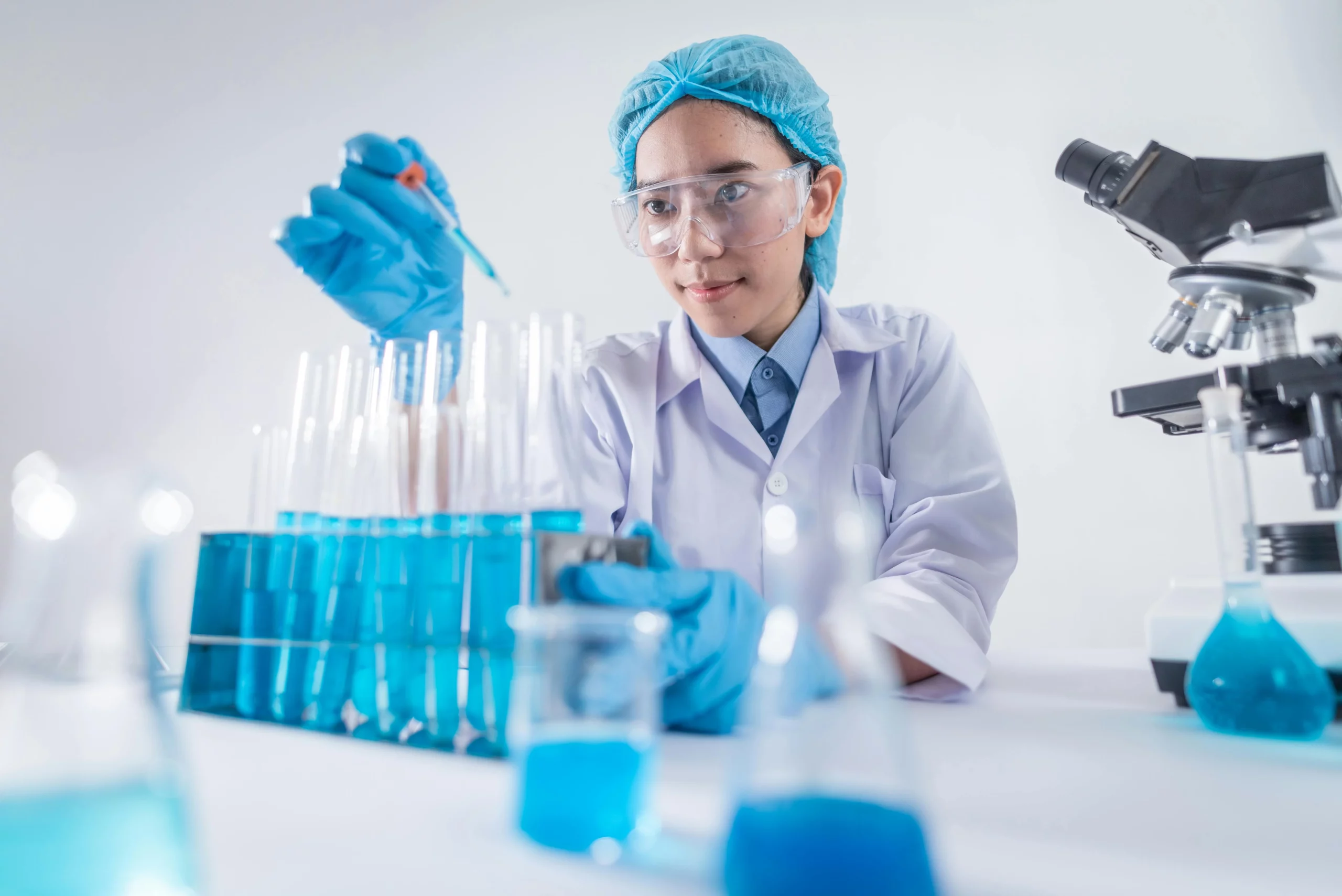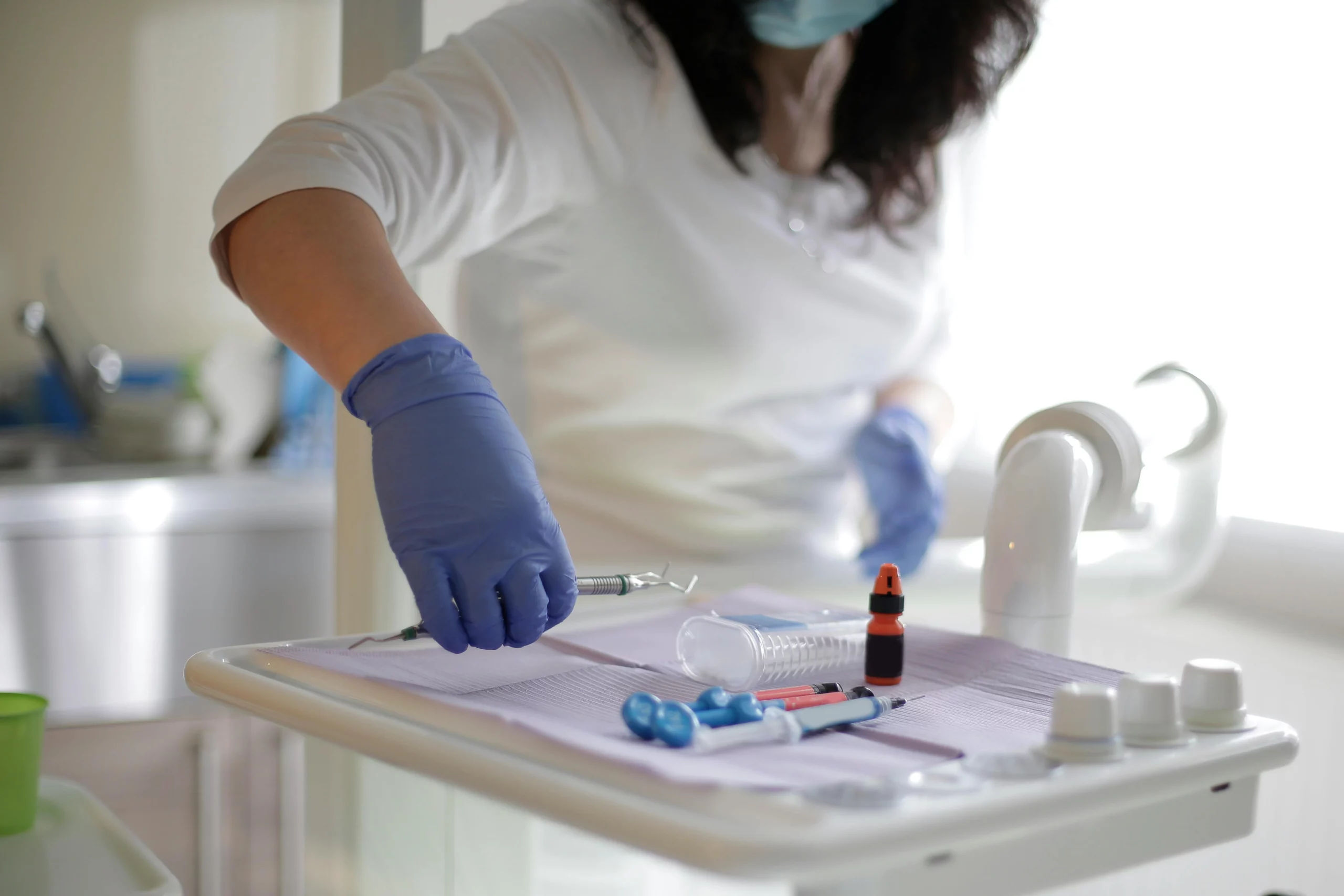What is a Medical Laboratory Technician?
A medical laboratory technician (MLT) is a trained healthcare professional who performs a variety of laboratory procedures and tests to assist physicians in diagnosing, monitoring, and treating diseases and medical conditions. Medical laboratory technicians work in clinical laboratories, hospitals, clinics, and research facilities, where they handle biological samples, operate laboratory equipment, and ensure the accuracy and reliability of laboratory test results
Medical Laboratory Technician Job Description
We are currently seeking meticulous and dedicated medical laboratory technicians to join our esteemed healthcare team. As vital members of our laboratory staff, successful candidates will play a crucial role in conducting diagnostic tests, analyzing specimens, and providing accurate laboratory results to support patient care and treatment decisions.
As a medical laboratory technician, you will have the opportunity to work with cutting-edge laboratory technology, collaborate with interdisciplinary healthcare team members, and contribute to the delivery of high-quality patient care.
The ideal candidates will possess strong analytical skills, attention to detail, and a commitment to maintaining the highest standards of laboratory practice and quality assurance.
What Does a Medical Laboratory Technician Do?
- Specimen Collection and Processing: Collect, label, and process patient specimens, including blood, urine, tissue, and other bodily fluids, following established protocols and safety procedures to ensure specimen integrity, traceability, and accurate test results.
- Prepare specimens for analysis by centrifugation, aliquoting, and specimen preservation, ensuring proper handling, storage, and transportation of specimens according to laboratory guidelines and regulatory requirements.
- Perform routine and specialized laboratory tests, analyses, and procedures on patient specimens using automated laboratory equipment, manual techniques, and analytical instruments, following standard operating procedures (SOPs) and quality control protocols to produce reliable and accurate test results.
- Data Analysis and Interpretation: Analyze laboratory test results, data, and findings, interpreting test outcomes, identifying abnormal results, and flagging specimens for further review or retesting as necessary to ensure accuracy, precision, and clinical relevance of laboratory results.
- Document and record test results, observations, and quality control data accurately and completely in laboratory information systems (LIS) or electronic medical records (EMRs), maintaining comprehensive and organized laboratory records for reference, analysis, and reporting purposes.
- Quality Assurance and Compliance: Perform and document routine maintenance, calibration, and quality control procedures on laboratory equipment and instruments, troubleshooting technical issues, and ensuring equipment performance and accuracy according to manufacturer specifications and regulatory standards.
- Adhere to laboratory safety protocols, infection control practices, and biohazardous waste management procedures, maintaining a clean, safe, and sterile laboratory environment and minimizing occupational hazards, risks, and exposures for laboratory personnel and patients.
- Participate in proficiency testing, quality improvement initiatives, and regulatory compliance activities, including laboratory accreditation inspections, audits, and assessments, ensuring adherence to laboratory accreditation standards, regulatory requirements, and best practices in laboratory medicine.
- Communication and Collaboration: Communicate effectively and professionally with healthcare providers, laboratory staff, and other interdisciplinary team members, providing timely and accurate laboratory test results, interpretations, and recommendations to support clinical decision-making, patient care, and treatment planning.
- Collaborate with pathologists, medical technologists, and other laboratory professionals to troubleshoot technical issues, resolve discrepancies, and ensure the accuracy and reliability of laboratory test results and reporting, promoting teamwork, communication, and accountability in the laboratory setting.
How Much Do Medical Laboratory Technicians Make?
The average medical laboratory technician salary in the USA is $55,442 per year or $26.65 per hour. Entry level positions start at $48,431 per year while most experienced workers make up to $79,878 per year.
Skill Requirements
- Analytical Skills: Medical laboratory technicians must possess strong analytical skills, attention to detail, and critical thinking abilities to perform laboratory tests, interpret test results, troubleshoot technical issues, and ensure the accuracy and reliability of laboratory data and findings.
- Technical Proficiency: Medical laboratory technicians should demonstrate proficiency in operating laboratory equipment, analytical instruments, and laboratory information systems (LIS), including centrifuges, microscopes, spectrophotometers, and automated analyzers, to perform laboratory tests and analyses accurately and efficiently.
- Attention to Detail: Medical laboratory technicians must demonstrate meticulous attention to detail in specimen handling, processing, testing, and documentation, ensuring accuracy, precision, and compliance with laboratory protocols, quality control procedures, and regulatory standards in laboratory practice.
- Communication Skills: Effective communication skills, both verbal and written, are essential for medical laboratory technicians to interact with healthcare providers, laboratory staff, and patients, conveying test results, findings, and recommendations clearly, accurately, and professionally to support patient care and treatment decisions.
- Problem-Solving Abilities: Medical laboratory technicians should exhibit strong problem-solving skills, adaptability, and resilience in troubleshooting technical issues, resolving discrepancies, and addressing challenges encountered in laboratory testing, analysis, and quality assurance processes to ensure efficient laboratory operations and patient safety.
- Professionalism and Ethics: Medical laboratory technicians should uphold professional standards of practice, ethical principles, and regulatory requirements in laboratory medicine, including patient confidentiality, integrity, respect, and accountability, to maintain trust, credibility, and ethical conduct in laboratory practice.
- Continuous Learning and Professional Development: Medical laboratory technicians are encouraged to engage in ongoing learning, continuing education, and professional development activities to enhance laboratory skills, expand knowledge of laboratory medicine, and stay current with advances in laboratory technology, diagnostic techniques, and quality assurance practices.
Example KPIs for a Medical Laboratory Technician
- Laboratory Test Turnaround Time: This KPI measures medical laboratory technicians’ efficiency in performing and reporting laboratory tests within established turnaround time (TAT) targets, ensuring timely availability of test results to support clinical decision-making, patient care, and treatment planning.
- Accuracy and Precision of Test Results: This KPI evaluates medical laboratory technicians’ accuracy and precision in performing laboratory tests, maintaining quality control, and ensuring the reliability and reproducibility of test results, using proficiency testing, quality control data, and error rates to monitor laboratory performance and test accuracy.
- Laboratory Equipment Maintenance: This KPI assesses medical laboratory technicians’ effectiveness in performing routine maintenance, calibration, and quality control procedures on laboratory equipment and instruments, ensuring equipment reliability, performance, and compliance with manufacturer specifications and regulatory standards.
- Adherence to Safety Protocols: This KPI measures medical laboratory technicians’ adherence to laboratory safety protocols, infection control practices, and biohazardous waste management procedures to minimize occupational hazards, risks, and exposures for laboratory personnel, patients, and the community.
- Quality Improvement Participation: This KPI evaluates medical laboratory technicians’ participation in quality improvement initiatives, proficiency testing, and regulatory compliance activities to enhance laboratory operations, improve test accuracy, and ensure compliance with laboratory accreditation standards and regulatory requirements.
How Can Glider AI Help You with Hiring a Medical Laboratory Technician?
Glider’s recruitment platform is designed to prioritize competency over credentials, enabling organizations to assess candidates’ skills objectively and efficiently. Utilize Glider AI Skill Intelligence™ to streamline the hiring process, identify top-quality Medical Laboratory Technician, and ensure a mobile-first, candidate-friendly experience.
Glider AI’s Unique Features
- Verify Medical Licenses
- Validate Hundreds of Medical, Clinical, and Technical Skills
- Ensure Hiring Compliance
- Conversational Chatbot for Talent Screening
- Powerful candidate analytics
- Streamline Healthcare Hiring with AI and Automation
Go ahead and spotlight your Medical Laboratory Technician with Glider AI today!
Schedule a Demo or contact us at info@glider.ai




